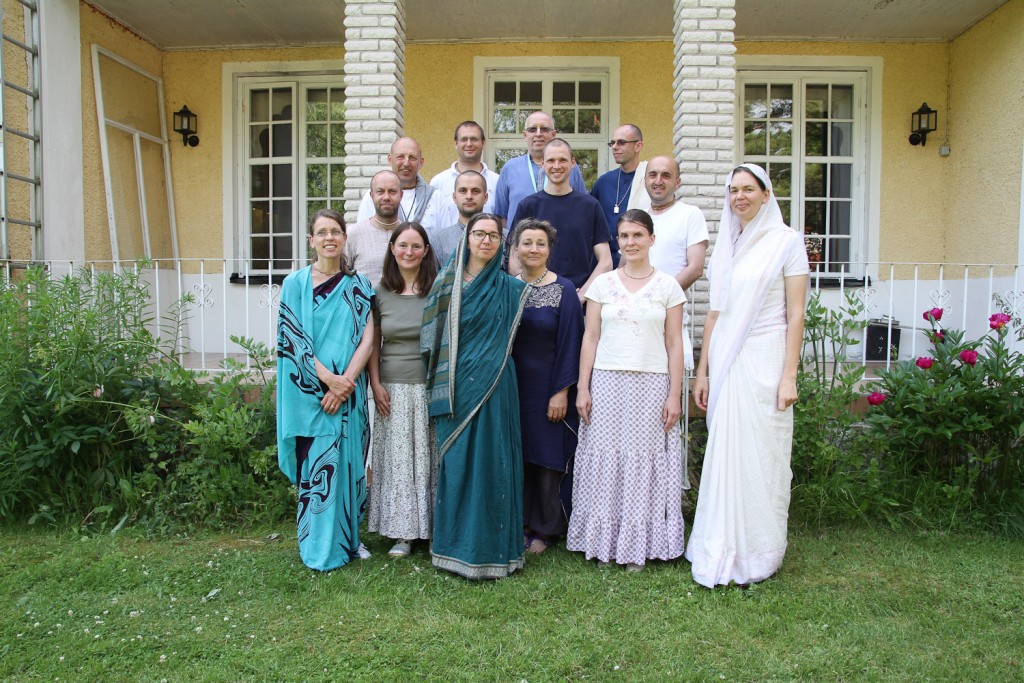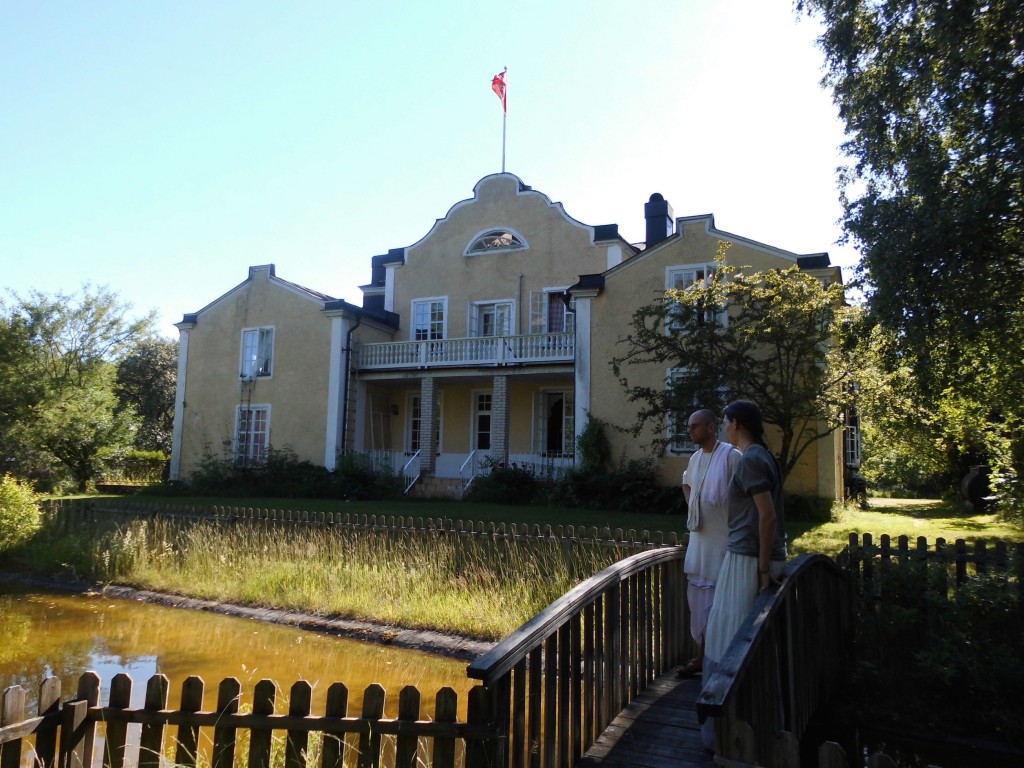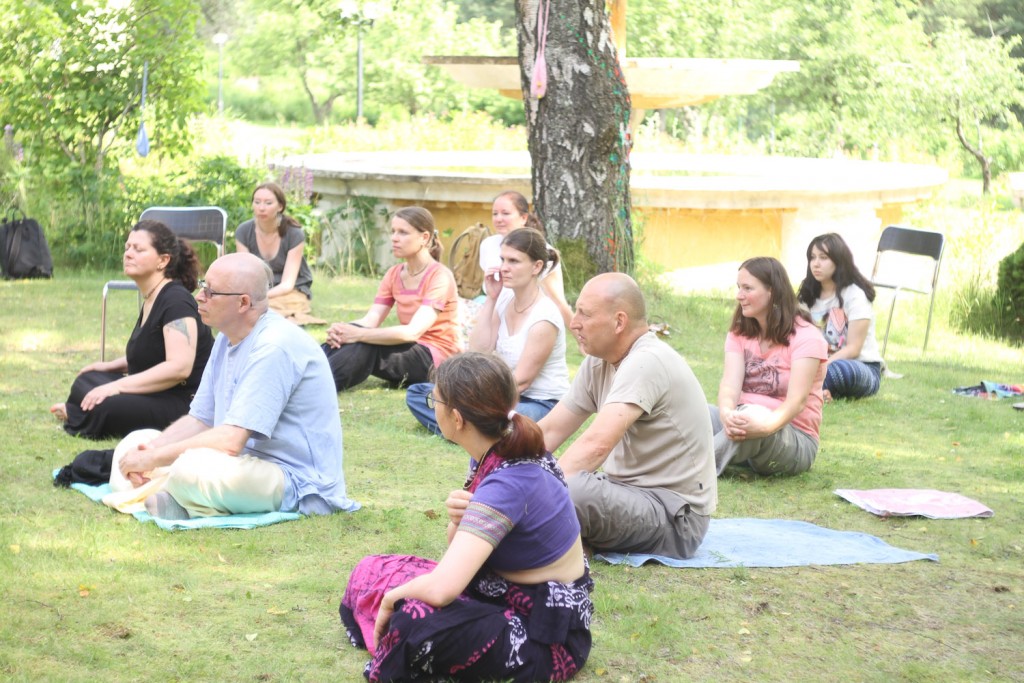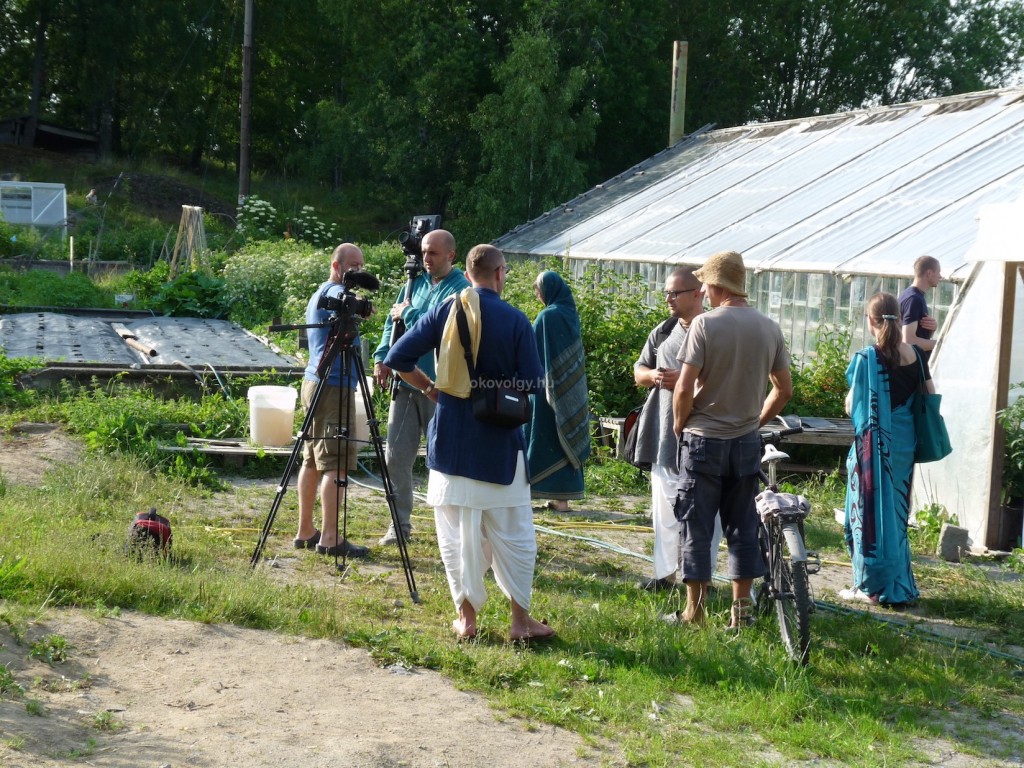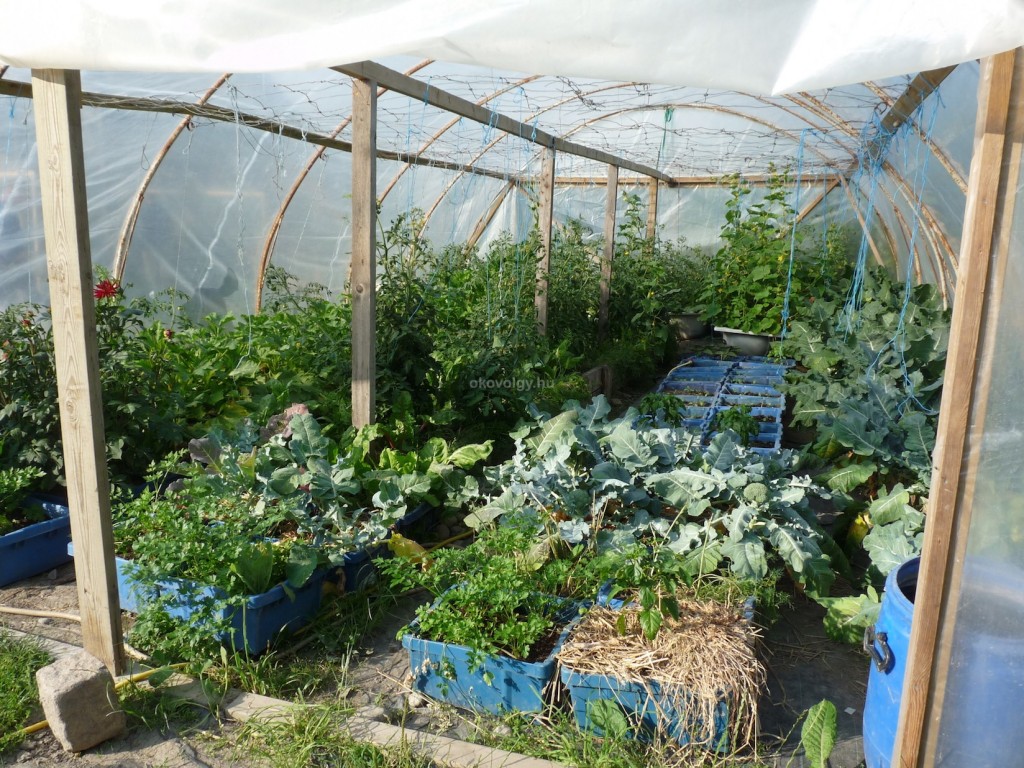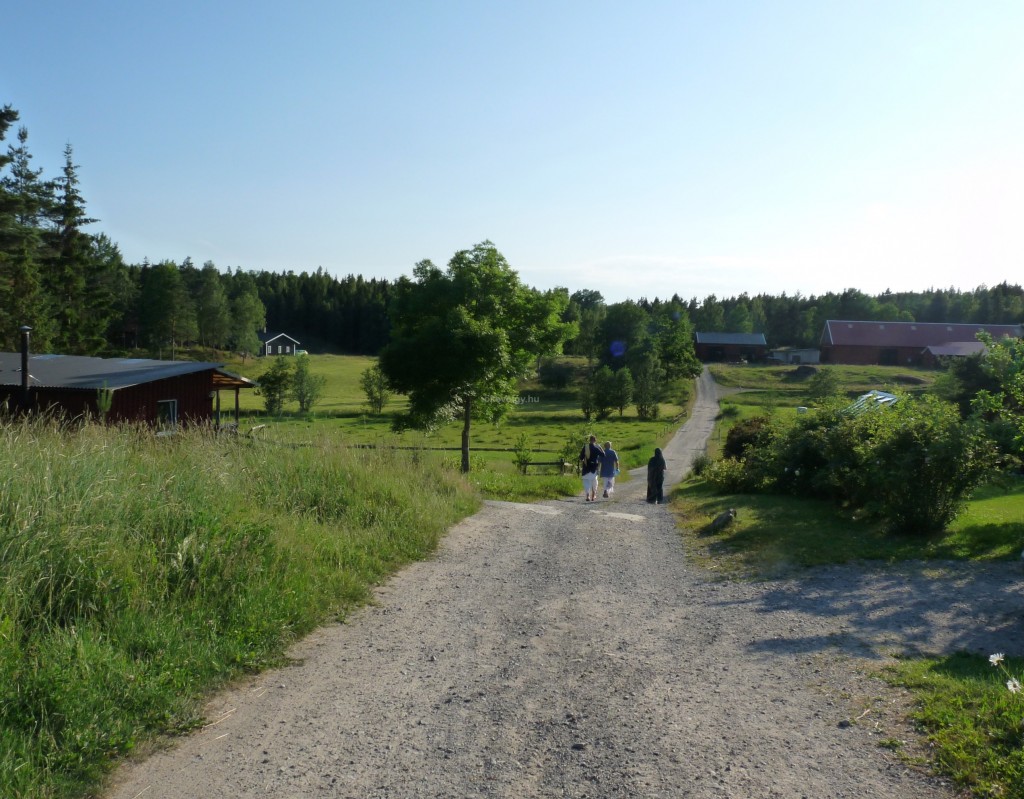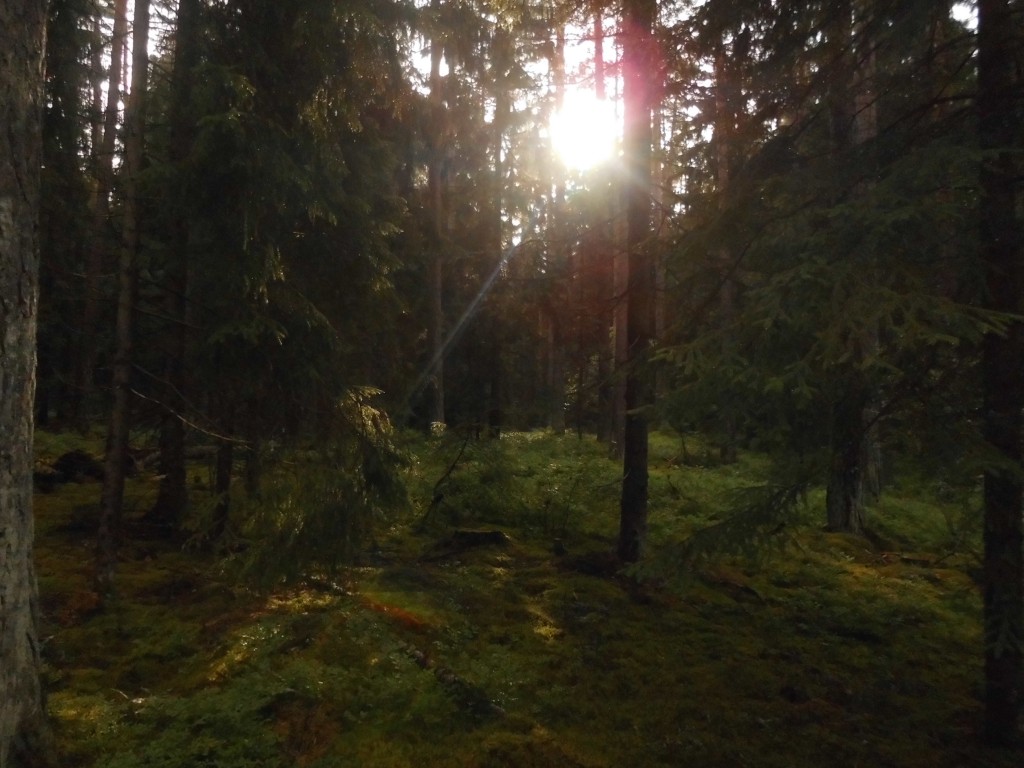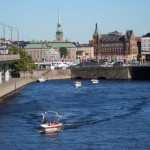 ‘Human life is meant for simple living and high thinking.’
‘Human life is meant for simple living and high thinking.’
(A. C. Bhaktivedanta Swami: The Nectar of Devotion, 1st chapter, 2nd verse, purport)
The ‘Simple Living – High Thinking’ project of the Eco Valley Foundation won a grant from the Erasmus+ programme of the European Union. 40 youth workers and young people will participate in this training project for adults. They represent 5 partner organisations from Belgium, the Czech Republic, Hungary, Sweden and Slovenia. All the participants are active in the fields of youth work and such related fields as sustainability, self-sufficiency, healthy living and youth employment. The goal is to form a strong network based on partnership, which will serve as a platform for the participants to exchange their experiences they have gained in their respective fields.
The cooperation started in May 2015 and will go on until June next year. During this time the youth workers will attend three meetings hosted by Sweden, Hungary and Belgium.
The first meeting took place between 4th and 5th July 2015, and was hosted by the small community of Korsnäs Gård in Sweden. The Eco Valley Foundation was represented by György Kirs, Ildikó Sexty and Beáta Hári.
As the farm is at a convenient distance from Stockholm (only 30 km), it receives many visitors. The community, which has seen more tumultuous days and now has only about a dozen inhabitants, is nowadays more of a centre for spiritual retreat, where people go to experience the spiritual atmosphere and the Hare Krishna devotees’ peaceful lifestyle. The natural beauty of the area, the exotic pine forests and the many lakes are a further inspiration for those who search for a God-conscious lifestyle and a spiritual experience.
The first day of the meeting started with a meeting for the project organizers, followed by a yoga class in the garden, and then by a workshop on emphatic communication. On Sunday the main building of the community hosted the meeting, where there were lectures on personality-development for young people, on youth volunteering, followed by a presentation on eco-tourism. The last presentation of the day was on organic agriculture in Krishna Valley, given by György Kirs. It generated great interest and many questions showing that this Hungarian eco-village is quite ahead of the others in terms of food self- sufficiency.
Along with our film crew we visited the biggest ISKCON farm community in Sweden. Almviks Gård was founded in 1982. The community, which exemplifies the motto of ‘simple living, high thinking’, is the home of about 15 families. As we arrived we experienced a genuine Scandinavian countryside atmosphere and a beautiful landscape. All the greenhouses, vegetable gardens amazed us, but as well as the grazing cows, traditional Swedish wooden houses, pine forests and groves. We stayed there until late in the evening and we were reminded once again of the geographical location of the farm: we had seen one of those long days with sunny evenings and white nights. The community strives for self-sufficiency and besides cow-protection, organic farming, and tourism they also have a bakery, a shop, a school and an organic wastewater plant. Some of the houses are built from adobe and hay-bales.
Since it was founded in 1982, Almvisk Gård is the home of Smita Krisna Swami, A.C. Bhaktivedanta Swami Prabhupada’s disciple who is a spokesman for farm communities, self-sufficiency and cow protection. The participants of the programme also had the opportunity to get to know this natural, simple and kind personality when he gave a presentation for us the first night, in Korsnäs Gård. The lecture was about environmentally conscious lifestyle including its practical applications. There are two points that merit mentioning here: where does city life, the use of modern technology and the lack of closeness to Mother Nature lead? Smita Krisna Swami compared man to a tree. If we sever the roots the tree will dry up and eventually fall down. We also cannot be separated completely from the environment where we are from; we cannot turn our backs on nature. The swami is not a supporter of vegan lifestyle; he says consuming milk and dairy products are beneficial. The simple cause of this is that if there are fewer cows, the quantity of (natural) nutrient-source, i.e. manure for the soil is also reduced, and this way we will produce less food. The goal naturally would be to propagate cow protection.
The participants of the programme could eat their fill during their stay in Korsnäs Gård. Besides sampling the delicious dishes they could experience the famous Smorgasbord in action. Among the delicacies of the breakfast were muesli, srikhand, vegetable salads, and homemade bread, just to mention only a few of the many.
At the same time, the idea of self-sufficiency in a Scandinavian country – given the necessary ingredients – might give a lacto-vegetarian a pause. According to statistics – we are referring to the figures quoted by the locals – 10% of the Swedish are vegetarian and 5% are vegan. If you think about it, it is not that easy to get your food in Sweden if you exclude meat and if you want only locally grown ingredients. The Swedish climate – especially if we consider how short the summer is – does not exactly provide as favourable conditions for growing vegetables, fruit, grains and seeds as that we have in Hungary. If we focus on self-sufficiency we have to draw the conclusion that Hungary is in a very good position.
The next meeting of the project will take place between 8th and 11th October 2015, in Krishna Valley, Somogyvámos in Hungary and the topic will be: sustainable economy and agriculture.
Beáta Hári

